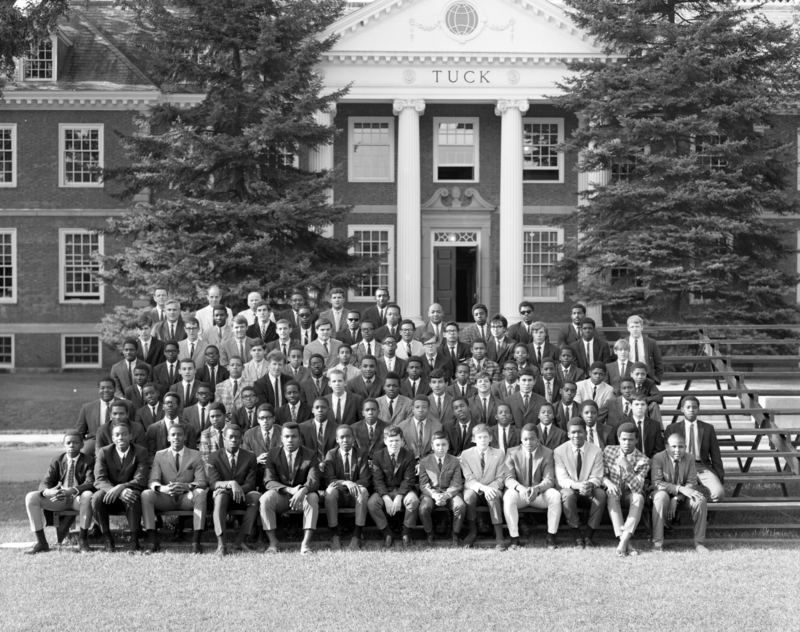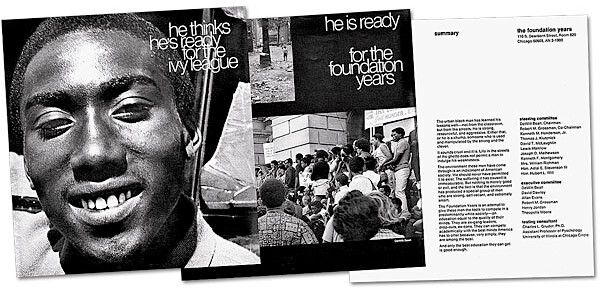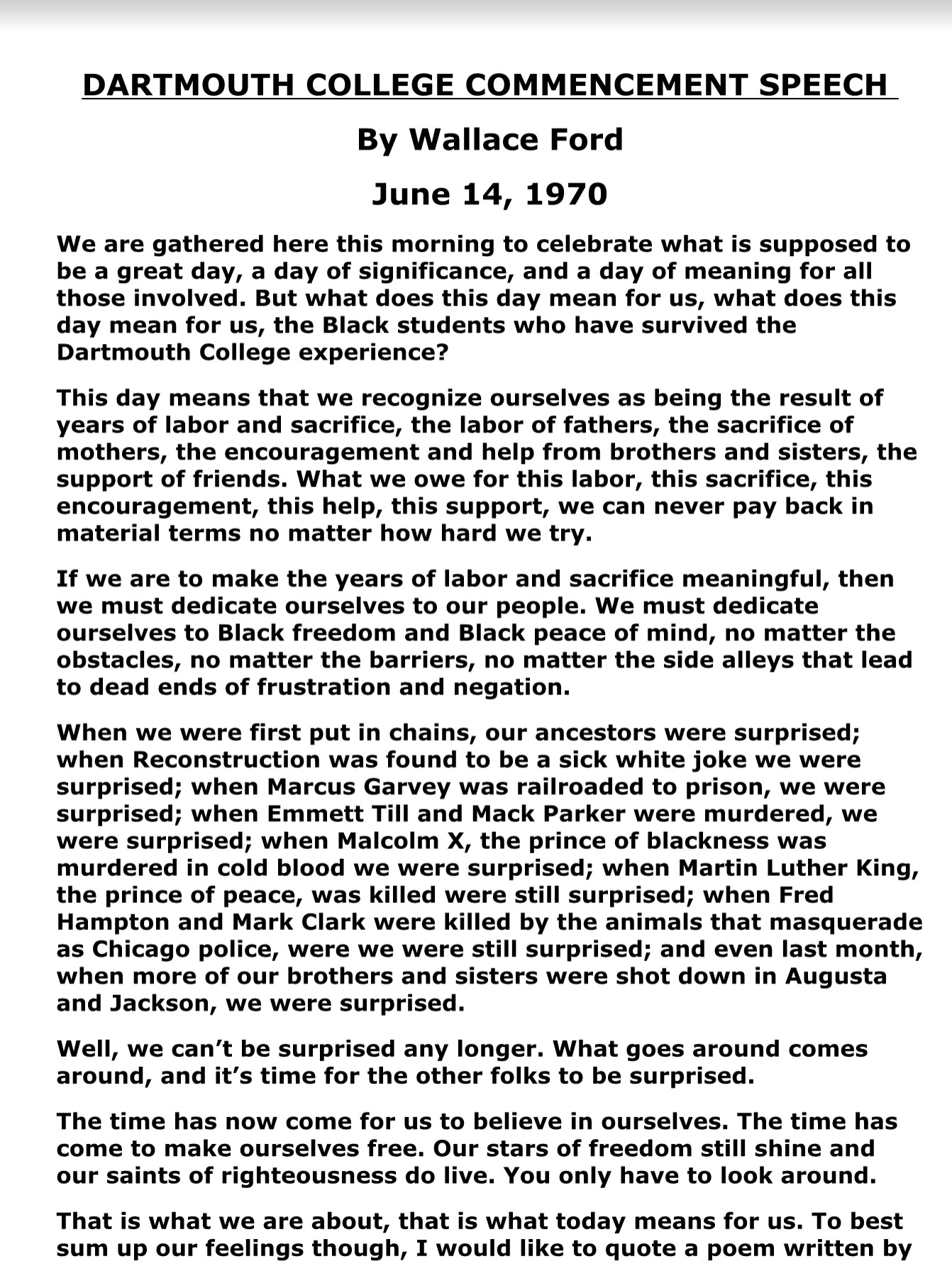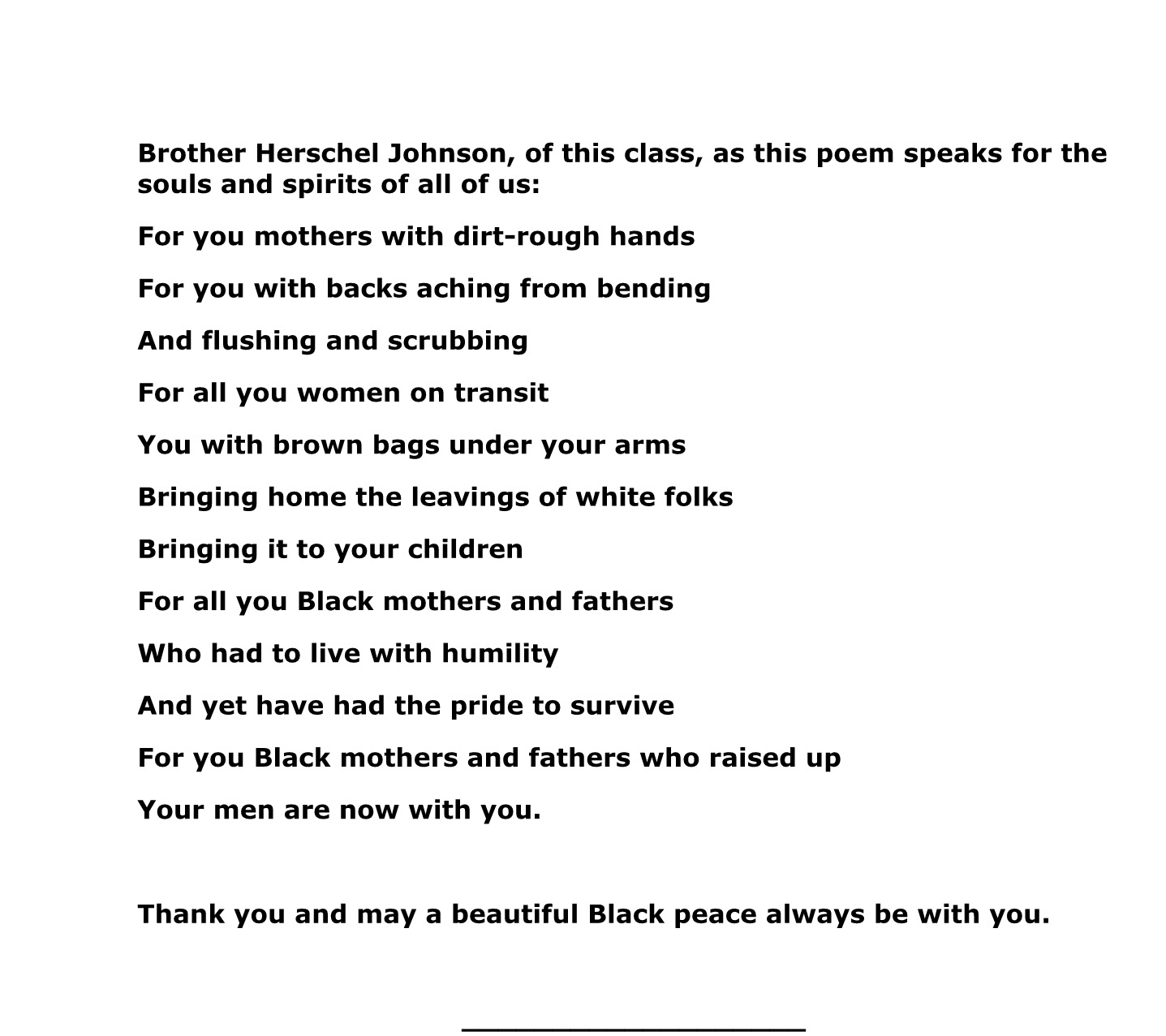Commencement and a Call to Action
Changing the Narrative: A History of Firsts
By the time Wallace's graduation came around, Dartmouth, along with other elite institutions, had worked to increase its Black undergraduate body. Utilizing the National Scholarship Service and Fund for Negro Students (NSSFNS), the college partnered with Outward Bound, and oversaw the creation of the A Better Chance program. An initiative that took place during summers, it became one of the first programs of its kind in Ivy League history. Dartmouth students, including Wallace went to surrounding areas, such as Jersey City, to tutor and help disadvantaged black communities. Hoping some of these students would enroll in the future, the college sought out two Chicago gang members, Tiny Evans and Henry Jordan. Later establishing the Foundation Years Program, an initiative focused on the transition of Black students to college-level courses, it allowed students who excelled in the program to enroll immediately at the institution.
Commencement:
In May of his senior year, Wallace and other members of the Afro-American Society went to the Dean and expressed their concern that there were no Black speakers for graduation. Deciding it was time for change, administrators accepted student requests to let Wallace speak at commencement. At twenty-years old, he gave the speech to a majority white audience and received a standing ovation. Below is the speech he gave at graduation, including a poem written by his late classmate and friend, Herschel Johnson '70.




